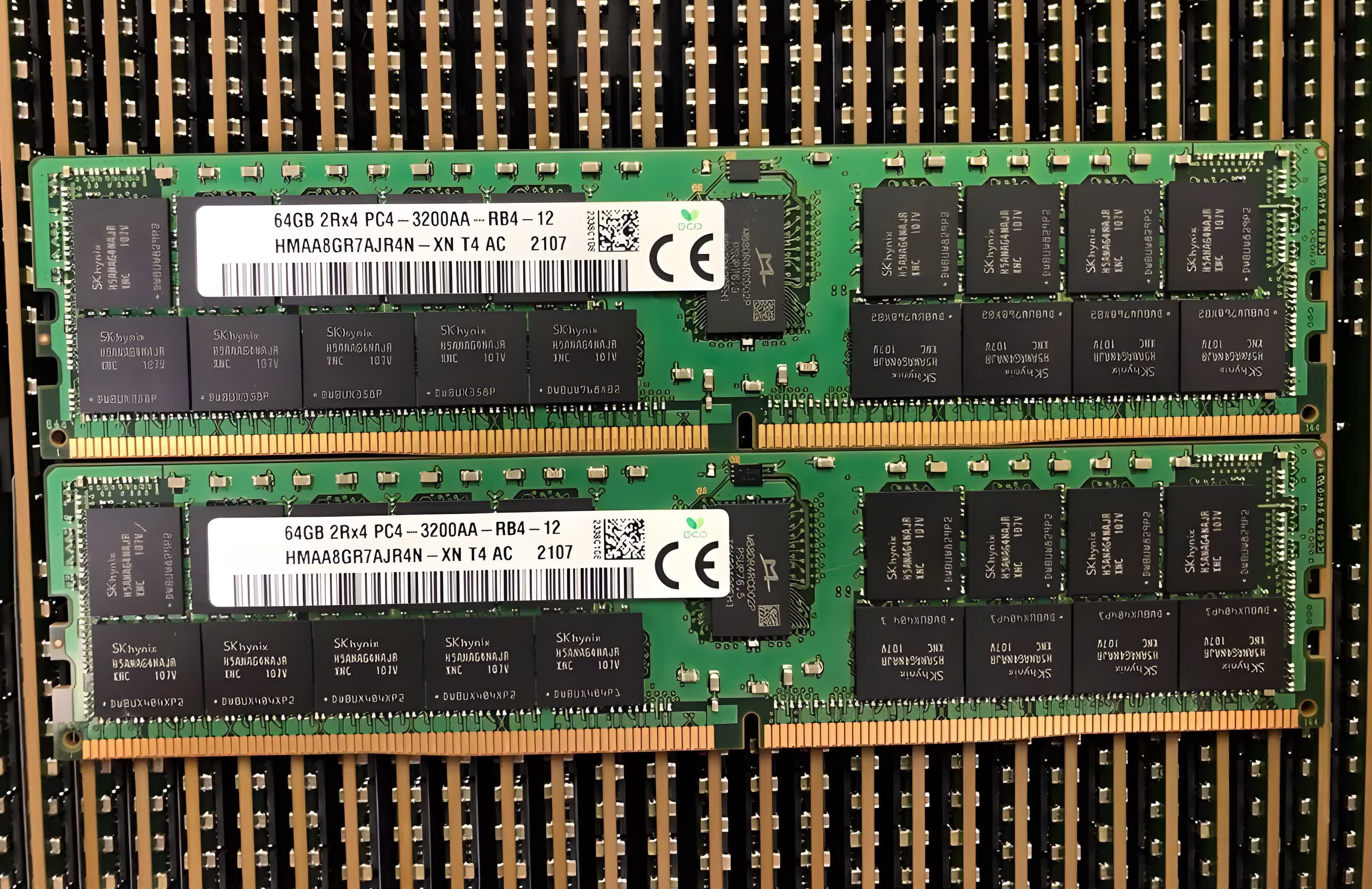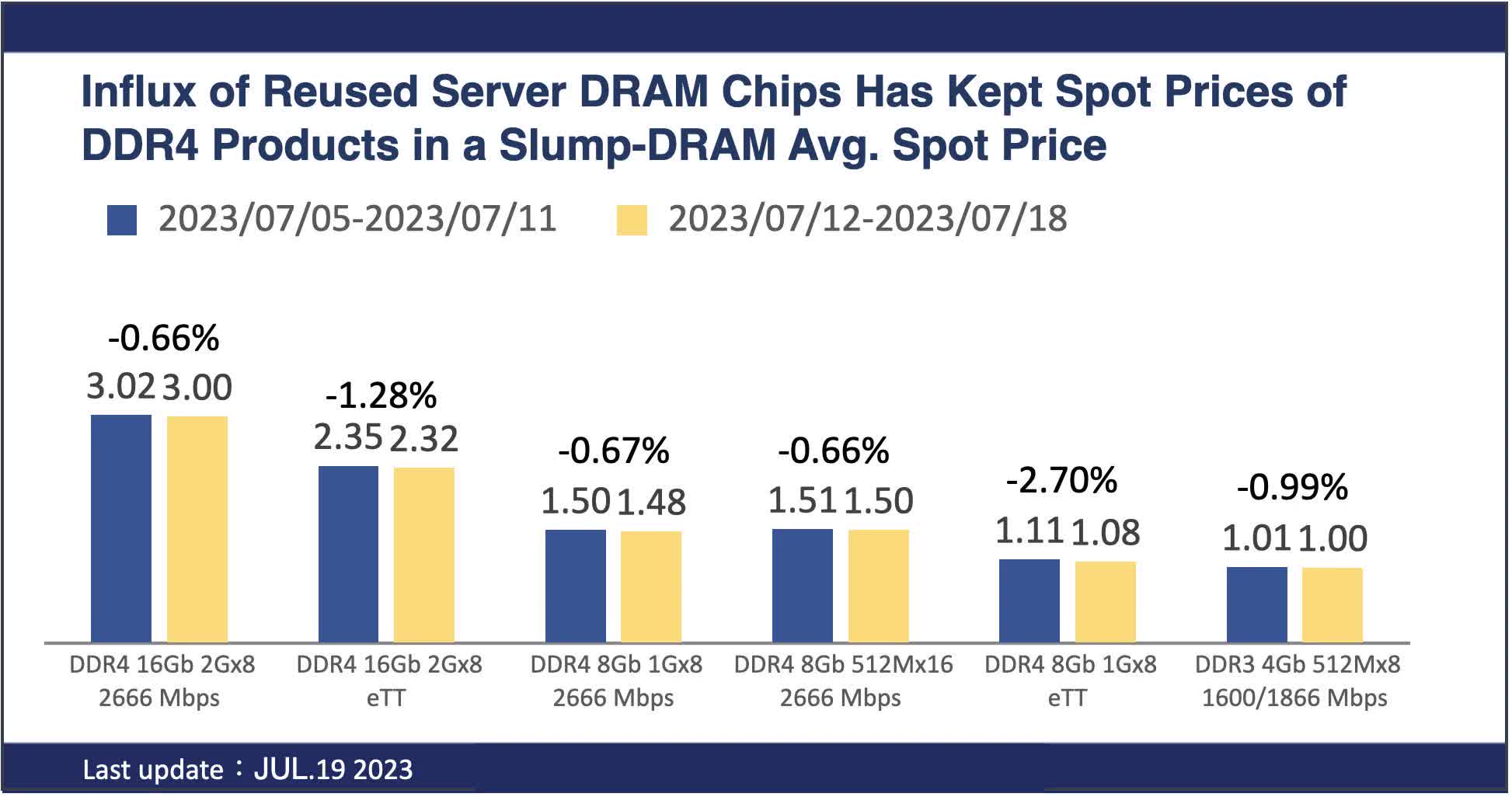Why it matters: This may seem like a good time to hunt for a new memory kit for your next PC build or as an upgrade to an existing one, but some of the irresistible deals you may come across hide an ugly truth. Apparently, some small companies have been using discarded server-grade memory chips to build "new" consumer-grade kits. This may sound good for the environment and your wallet, but it also means some products may offer a more limited warranty.

DRAM prices have seen a significant drop over the past year, so much so that the price gap between DDR4 and DDR5 kits offering equivalent performance is no longer a major barrier for those looking to upgrade their systems to the newest platform or building a new PC on a budget.
Earlier this month, analysts at TrendForce said memory price cuts would slow to a trickle in the coming months as a result of seasonal demand as well as memory manufacturers reducing their production targets. This trend will supposedly apply across all types of DRAM, from mobile chips to server-grade memory.
If you've been on the lookout for a DDR4 kit, there's something you need to keep in mind before you decide to part with your hard-earned cash. TrendForce analysts claim the DRAM market is currently being flooded by a wave of repurposed memory chips that are being integrated into consumer-grade modules that are sold as "new".
It turns out that enterprise customers have been upgrading their server infrastructure using DDR5 modules and, as a result, they've been offloading a lot of high-capacity DDR4 memory. The volume is so high that some small companies can justify the expense of desoldering the chips from server-grade DRAM modules for use in consumer-grade kits they can sell for a small profit.

TrendForce analysts claim this development has already had a measurable effect on spot market pricing for memory chips, which is bad news for manufacturers who have been trying to stabilize prices in recent months.
For consumers, this means that some deals on no-name DDR4 kits may indeed be too good to be true, as they are built using recycled SK Hynix and Samsung chips that may not survive as long as products built using newly-manufactured memory chips.
https://www.techspot.com/news/99631-server-ddr4-ram-chips-recycled-consumer-kits.html